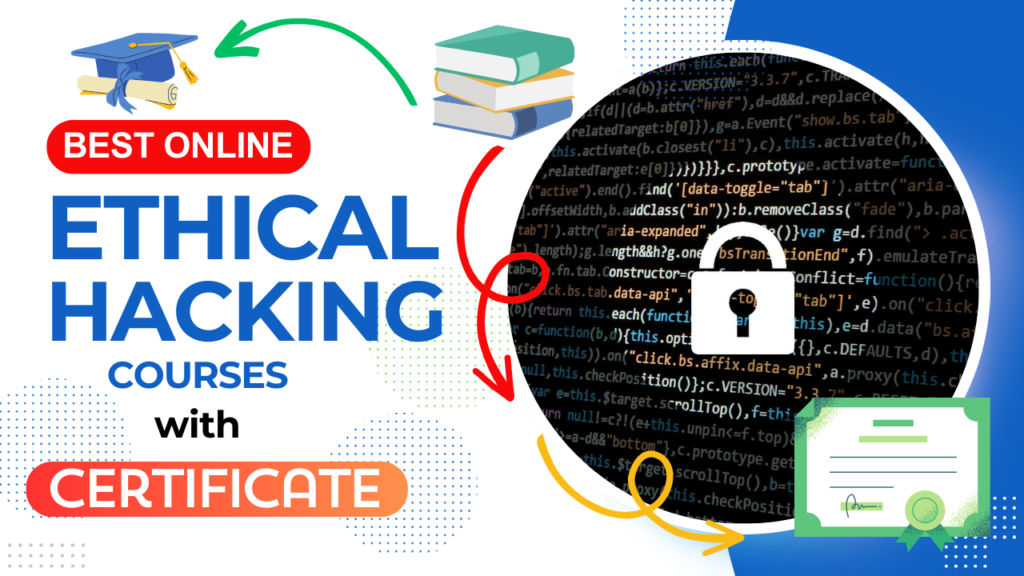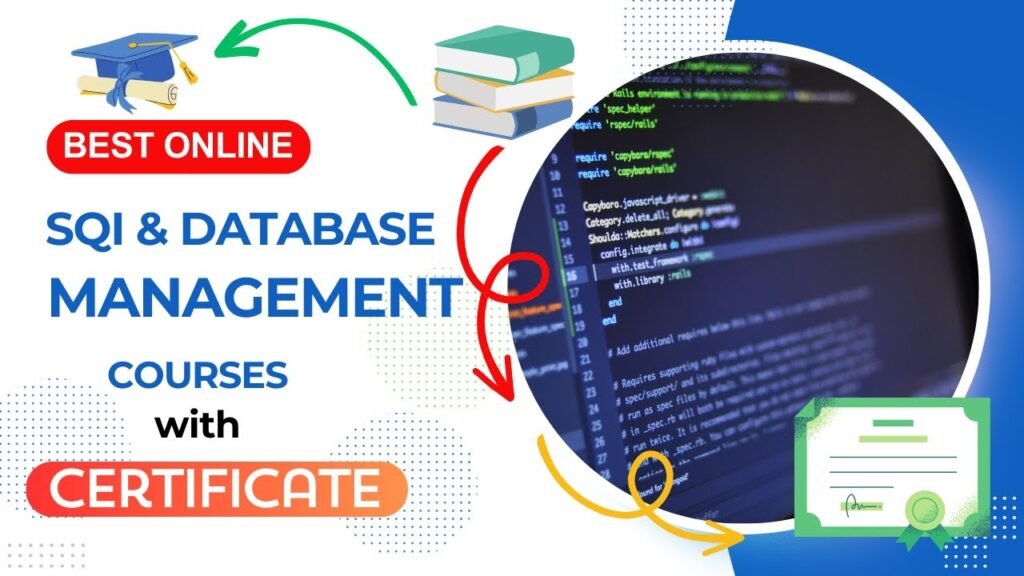The healthcare landscape has undergone a fundamental shift, and so has nursing education. Gone are the days when aspiring healthcare professionals had to choose between expensive classroom training and putting their career dreams on hold. Today, you can learn clinical nursing skills from home, earn legitimate certifications, and build a strong foundation for a rewarding healthcare career – all without leaving your living room.
Whether you’re a career changer, a recent graduate, or someone who’s always dreamed of helping others through healthcare, home-based nurse training offers an accessible pathway to developing the skills that hospitals, clinics, and healthcare facilities desperately need.
The Revolution in Home-Based Nursing Education
Why Online Clinical Nursing Training Works
Learning clinical nursing skills from home isn’t just convenient – it has been proven effective. Modern online nursing education combines interactive video demonstrations, virtual simulations, comprehensive assessments, and real-world case studies to create an immersive learning experience that rivals traditional classroom instruction.
Students who complete home-based nurse training often report feeling more confident and better prepared than their traditionally-educated counterparts, thanks to the ability to:
- Replay complex procedures until mastery is achieved
- Study at optimal personal learning times
- Review materials as many times as needed
- Learn in a comfortable, stress-free environment
The Growing Demand for Certified Nursing Skills
Healthcare facilities worldwide face critical staffing shortages, making qualified nursing assistants, healthcare aides, and entry-level clinical professionals more valuable than ever. Employers increasingly recognize that competency matters more than where you learned your skills – and many now actively recruit candidates with online nursing certifications.
Essential Clinical Nursing Skills You Can Master from Home
Core Patient Care Competencies
Patient Hygiene and Personal Care Learn professional techniques for assisting patients with daily hygiene needs, including bathing, grooming, oral care, and maintaining dignity during personal care activities. These fundamental skills form the backbone of quality patient care and are essential for any healthcare role.
Vital Signs Monitoring and Documentation Master the critical skill of accurately measuring and recording temperature, pulse, respiration rate, and blood pressure. Understanding normal ranges, recognising abnormal readings, and employing proper documentation techniques are essential skills that every healthcare professional must possess.
Basic Wound Care and Dressing Changes Develop competency in wound assessment, cleaning techniques, proper dressing application, and monitoring healing progress. These skills are invaluable in hospitals, long-term care facilities, and home healthcare settings.
Safe Patient Mobility and Transfer Techniques Learn proper body mechanics for assisting patients with movement, transfers from bed to chair, walking assistance, and fall prevention strategies. These skills protect both patients and healthcare workers from injury.
Infection Control and Safety Protocols
Personal Protective Equipment (PPE) Usage Master the correct selection, application, and removal of gloves, masks, gowns, and other protective equipment. Understanding infection control principles is more critical than ever in today’s healthcare environment.
Sterilisation and Sanitation Procedures: Learn proper cleaning, disinfection, and sterilisation techniques for medical equipment and patient care areas. These skills are essential for preventing healthcare-associated infections.
Hand Hygiene and Aseptic Techniques: Develop expertise in proper hand washing, use of hand sanitisers, and maintaining sterile fields during procedures. These fundamental practices protect both patients and healthcare workers.
Communication and Documentation Skills
Therapeutic Communication Techniques Learn effective strategies for communicating with patients, families, and healthcare team members. Develop skills in active listening, empathy, and setting professional boundaries.
Accurate Medical Documentation Master the principles of proper medical record keeping, including objective observation recording, incident reporting, and maintaining patient confidentiality in accordance with healthcare regulations.
Cultural Sensitivity in Healthcare Understands how to provide respectful, culturally appropriate care to diverse patient populations, recognizing that effective healthcare requires cultural competence.
Also Read: Mental Health Awareness for Nurses: A Comprehensive Student’s Guide to Mental Health and Wellness
Advantages of Learning Clinical Nursing Skills from Home
Flexibility That Fits Your Life
Self-Paced Learning Unlike rigid classroom schedules, home-based nurse training allows you to progress at your optimal pace. Spend extra time on challenging concepts or accelerate through familiar material based on your background and learning style.
24/7 Accessibility Study early in the morning, during lunch breaks, or late at night – whenever your schedule permits. This flexibility is especially valuable for working parents, shift workers, or those with irregular schedules.
No Geographic Limitations Access world-class nursing education regardless of your location. Rural residents, international students, and those in areas with limited educational options can access the same quality training as their urban counterparts.
Cost-Effective Career Investment
Eliminate Traditional Education Expenses Skip the costs of commuting, parking, textbooks, uniforms, and campus fees that can add thousands to traditional nursing education. Many online programs offer comprehensive training at a fraction of the cost of traditional programs.
Earn While You Learn Continue working your current job while building nursing skills, avoiding the financial strain of full-time student status. This approach allows you to transition gradually into healthcare without financial hardship.
Free and Low-Cost Options Numerous platforms offer high-quality clinical nursing training at no cost, making healthcare education accessible regardless of economic circumstances.
Professional Development Benefits
Build Confidence Before Clinical Practice Master theoretical knowledge and procedural understanding before entering potentially intimidating clinical environments. This preparation helps reduce anxiety and improve performance in hands-on settings.
Demonstrate Self-Motivation to Employers Completing home-based nurse training showcases initiative, self-discipline, and commitment to professional development – qualities highly valued by healthcare employers.
Create Networking Opportunities Many online programs include discussion forums, study groups, and professional communities that connect you with fellow students and industry professionals worldwide.
Top Online Nursing Certifications Available from Home
Nationally Recognized Certifications
Basic Life Support (BLS) certification, offered by organisations such as the American Heart Association and the American Red Cross, teaches CPR, AED use, and emergency response skills essential for healthcare workers. Many online programs combine theoretical learning with hands-on skills verification in a local setting.
First Aid and CPR Certification These fundamental emergency response skills are required in most healthcare settings and can often be completed entirely online with virtual skill demonstrations.
Continuing Professional Development (CPD) Accredited Courses: Many universities and professional organisations offer CPD-accredited healthcare courses through platforms such as Coursera, FutureLearn, and edX. These courses carry academic weight and professional recognition.
Specialized Healthcare Certifications
Home Health Aide Certification Specifically designed for those interested in providing care in patients’ homes, these programs focus on personal care, medication reminders, light housekeeping, and family communication.
Caregiver Certification Programs Ideal for those working with elderly or disabled individuals, these certifications cover specialized care techniques, safety protocols, and ethical considerations in personal care.
Medical Administrative Assistant Certification Combines clinical knowledge with administrative skills, preparing students for roles in medical offices, clinics, and healthcare facilities.
Spotlight: Alison’s Free Diploma in Clinical Nursing Skills
Comprehensive Curriculum at Zero Cost
Among the various online nursing education options, Alison’s Diploma in Clinical Nursing Skills stands out as the most comprehensive free program available. This internationally recognised course provides professional-level training without financial barriers.
Complete Course Coverage:
- Advanced patient assessment techniques and health monitoring
- Comprehensive infection prevention and control protocols
- Professional communication strategies for healthcare settings
- Ethical considerations and legal aspects of nursing care
- Practical procedures demonstrated through high-quality video instruction
- Real-world case studies and scenario-based learning
Global Accessibility and Recognition: The course is accessible worldwide and meets international standards for clinical nursing education. Upon completion, students receive an Alison-certified diploma that is recognised by employers worldwide and across various healthcare systems.
Interactive Learning Experience: Unlike static text-based courses, Alison’s program incorporates multimedia elements, interactive assessments, and progressive skill-building that keeps students engaged and ensures a comprehensive understanding.
Career Advantages of Alison Certification
Graduates of the Immediate Employability Enhancement Program report improved job application success rates and interview performance after completing the program. The certification demonstrates concrete skills and professional commitment to potential employers.
Foundation for Advanced Education: Many students use their Alison diploma as a stepping stone to formal nursing programs, often finding that they’re better prepared and more successful than their peers without prior clinical knowledge.
Professional Credibility The certification adds legitimacy to your healthcare knowledge and can be included on resumes, LinkedIn profiles, and job applications as evidence of your clinical competency.
Success Strategies for Home-Based Nursing Education
Creating an Optimal Learning Environment
Designate a Dedicated Study Space, Even if it’s just a corner of your bedroom. Having a consistent, organised study area improves focus and fosters a professional learning mindset. Include good lighting, comfortable seating, and minimal distractions.
Establish Regular Study Routines Treat your online nursing education like a paying job. Set specific study hours, create weekly goals, and maintain consistency in your learning schedule.
Minimize Distractions Turn off social media notifications, inform family members of your study times, and use website blockers if necessary to maintain focus during learning sessions.
Maximizing Learning Effectiveness
Active Note-Taking Strategies Research shows that handwritten notes improve retention compared to typing. Develop a system for organising notes by topic, procedure, or body system to facilitate easy review.
Practice Repetition and Review Medical knowledge requires repetition for retention. Schedule regular review sessions and use spaced repetition techniques to move information from short-term to long-term memory.
Apply Knowledge Through Safe Practice While you can’t perform actual medical procedures without supervision, you can practice communication techniques with family members, study anatomical models, and role-play patient scenarios.
Building Professional Networks
Join Online Learning Communities Participate in course discussion forums, social media groups for nursing students, and professional healthcare communities to connect with peers and mentors.
Seek Mentorship Opportunities Reach out to working healthcare professionals for informational interviews and career guidance. Many are willing to share their experiences and advice with motivated students.
Volunteer in Healthcare Settings Apply your growing knowledge through volunteer work at hospitals, clinics, or community health events. This provides real-world exposure and networking opportunities.
Career Pathways After Home-Based Nursing Training
Immediate Employment Opportunities
Healthcare Assistant Positions Hospitals, nursing homes, and clinics regularly hire assistants with basic clinical training to support nursing staff with patient care activities.
Home Healthcare Aide Roles The growing home healthcare industry offers opportunities to provide care directly in patients’ homes, often with flexible scheduling and competitive pay.
Medical Office Support Understanding clinical procedures and medical terminology makes you valuable in administrative roles within healthcare practices.
Community Health Programs: Public health departments, wellness centres, and community organisations employ individuals with clinical knowledge to support health education and screening programs.
Long-Term Career Development
Pathway to Licensed Nursing Use your home-based training as a foundation for formal nursing programs. Many students find they excel in traditional programs after building strong clinical knowledge online.
Specialized Certifications Build upon your basic clinical skills with additional certifications in areas like phlebotomy, EKG technology, or medical assisting.
Healthcare Leadership Roles: Advanced training and experience can lead to supervisory positions, training roles, or opportunities in healthcare administration.
Also Read: Essential First Aid Skills for Nurses. Free Online First Aid Certification Course
Overcoming Common Challenges in Online Nursing Education
Addressing Practical Skills Concerns
“How Can I Learn Hands-On Skills Online?” While online learning can’t completely replace hands-on practice, it provides essential theoretical knowledge, procedural understanding, and decision-making frameworks that make physical practice more effective when it occurs.
“Will Employers Trust Online Certifications?” Legitimate online certifications from recognised platforms are increasingly accepted by employers, particularly when combined with practical experience gained through volunteering or entry-level positions.
“Can I Really Compete with Traditionally Trained Candidates?” Online-trained candidates often demonstrate superior self-motivation, time management, and independent learning skills – qualities highly valued in healthcare settings.
Maintaining Motivation and Discipline
Set Clear, Achievable Goals Break your overall certification goal into smaller, weekly milestones. Celebrate progress to maintain motivation throughout the program.
Find Accountability Partners Connect with other online nursing students for mutual support, study sessions, and motivation during challenging periods.
Remember Your Why Keep your ultimate career goals and desire to help others at the forefront of your mind during difficult study periods.
The Future of Healthcare Education
Technology-Enhanced Learning
The future of nursing education is increasingly incorporating virtual reality simulations, artificial intelligence tutoring, and augmented reality demonstrations, making home-based learning even more effective and realistic.
Industry Recognition
Healthcare employers continue to expand their acceptance of online-trained professionals as evidence mounts regarding the effectiveness of quality digital education programs.
Global Accessibility
Online nursing education is breaking down geographic, economic, and social barriers to healthcare careers, creating a more diverse and capable healthcare workforce worldwide.
Taking Action: Your Healthcare Career Starts Now
Ready to Begin Your Journey?
Learning clinical nursing skills from home isn’t just a backup plan – it’s a smart, strategic approach to building a healthcare career that fits your life circumstances and learning style. With free, high-quality programs like Alison’s Diploma in Clinical Nursing Skills available immediately, there’s no reason to delay starting your healthcare education.
Your Next Steps
- Assess Your Current Situation: Determine how much time you can dedicate to study and what your ultimate career goals are.
- Select Your Program: Research available options and choose a program that aligns with your needs, schedule, and career objectives.
- Create Your Learning Plan: Establish study schedules, set up your learning environment, and commit to consistent progress.
- Start Learning: Begin your chosen program immediately – every day you wait is a day you could be building valuable skills.
- Plan for Application: Consider how you’ll apply your new skills through volunteering, employment, or further education.
The Time is Now
Healthcare needs skilled, compassionate professionals more than ever. The combination of high demand, flexible online learning options, and free certification programs creates an unprecedented opportunity for career changers and new healthcare professionals.
Don’t let location, schedule constraints, or financial limitations prevent you from pursuing a meaningful career in healthcare. Your journey to becoming a skilled healthcare professional can begin today, from the comfort of your own home.
Ready to start learning clinical nursing skills from home? Alison’s free Diploma in Clinical Nursing Skills is waiting for you – no tuition, no barriers, just the beginning of your healthcare career.




